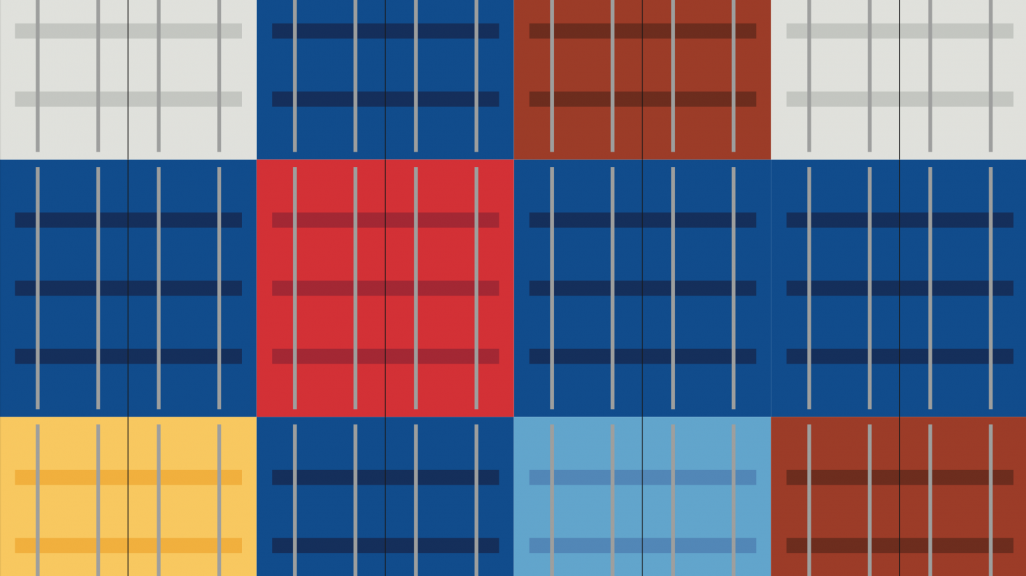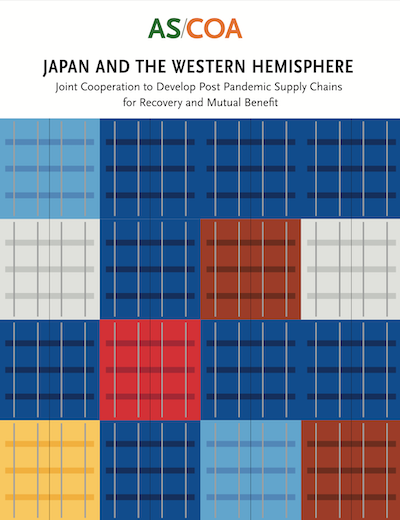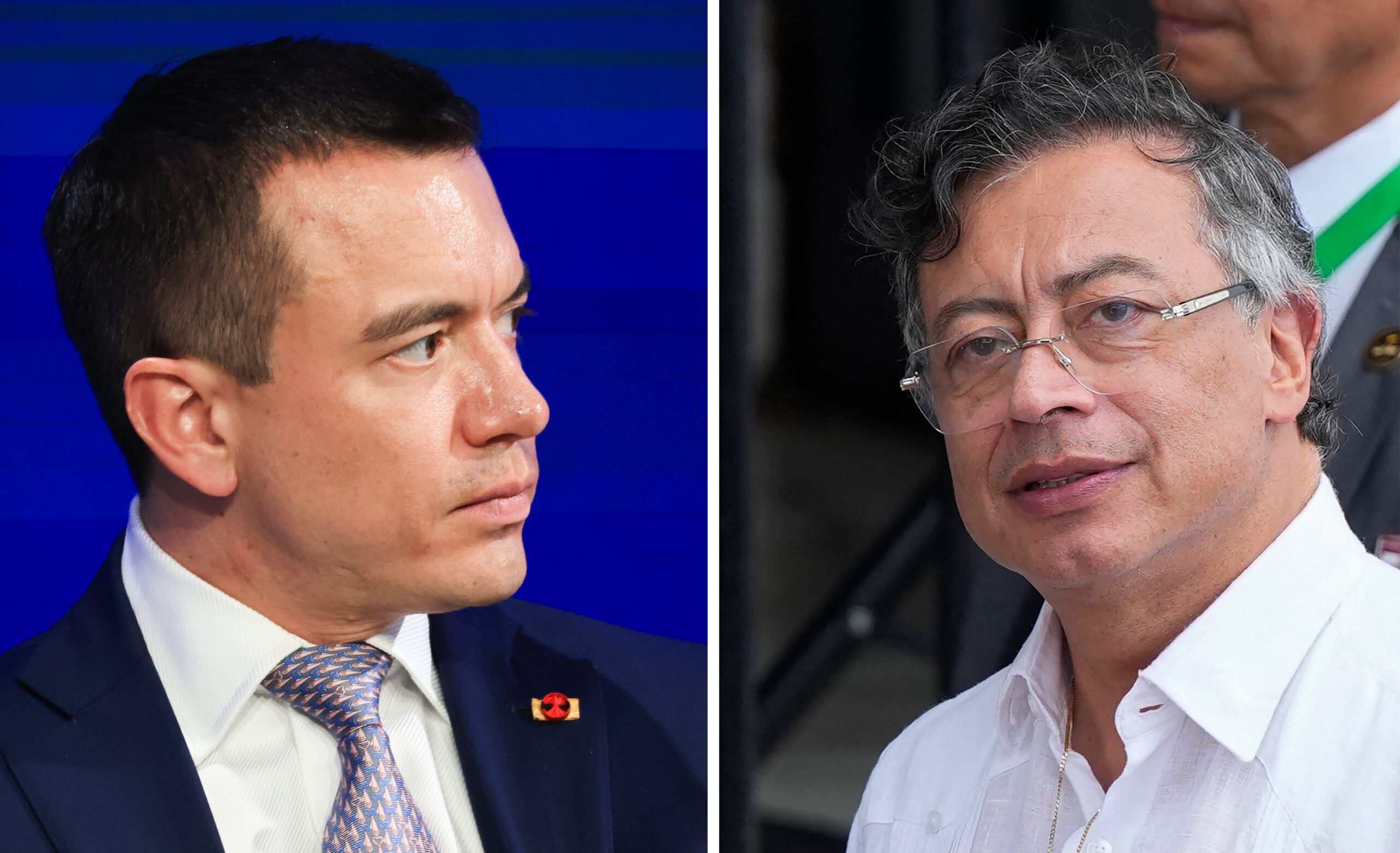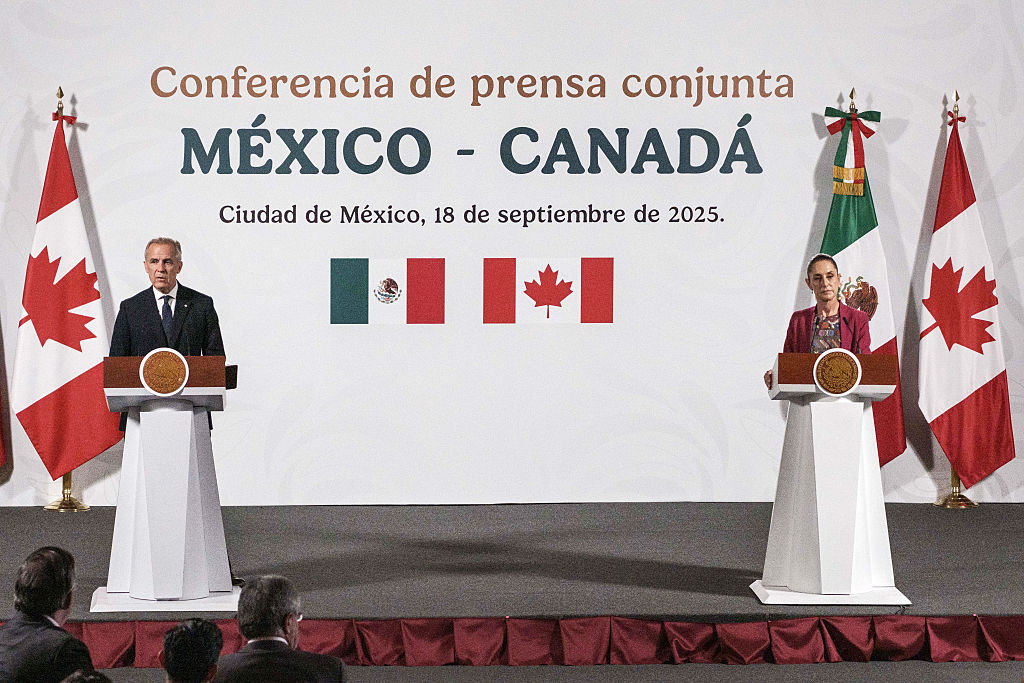Report: Japan and the Western Hemisphere — Joint Cooperation to Develop Post-Pandemic Supply Chains
Report: Japan and the Western Hemisphere — Joint Cooperation to Develop Post-Pandemic Supply Chains
The report serves as a guide for ways public- and private-sector partners in the Americas and Japan can foster deeper economic and social ties.
Japanese Prime Minister Yoshihide Suga became the first foreign leader to meet in-person with U.S. President Joe Biden at the White House when he traveled to Washington, D.C. in April. Japan’s importance as an ally goes beyond Asia, as increasingly, Japan and the United States are deepening ties with the Americas around the areas of trade and investment, Covid recovery, technological cooperation and democracy promotion.
The month prior to the prime minister’s trip, Americas Society/Council of the Americas hosted a public program on Japan and the Western Hemisphere that focused on supply chain development and joint cooperation in the Americas. The program, “Building Post-Covid Supply Chains: Japan and the Americas,” featured a keynote address by Teiji Hayashi, assistant minister at the Latin American & Caribbean Affairs Bureau for the Japanese Ministry of Foreign Affairs. The program also featured a panel discussion that included Márcia Donner Abreu, secretary for bilateral negotiations in Asia, the Pacific, and Russia for the Brazilian Ministry of External Relations; Julio Fiol, ambassador of Chile to Japan; Jerry Haar, professor of international business at Florida International University; and Rob Strayer, executive vice president for policy at the Information Technology Industry Council.
The public discussion focused on how to strengthen trade ties between Japan and Latin America through industries including technology, agriculture, automobiles, and medical supplies. The discussion emphasized the role of collaboration to achieve these goals.
Key takeaways from this report:
- Deepening relationships with countries in the region built around trade and investment, regional and global integration, and democratic governance
- Deepening digital and technological cooperation
- Enhancing sector-specific engagement for supply chain development
Beyond these topics, the report examines the current state of global supply chains in the Americas and the world. Supply chains built over many years to lower costs by prioritizing efficiencies were suddenly exposed as fragile and susceptible to extreme disruption during the height of the pandemic.
Building resilient supply chains must be prioritized moving forward to be better prepared for the next regional or global shock. Although Latin America has lagged many regions of the world with respect to global trade and investment flows, now is an opportunity for the region’s public and private sectors to work in tandem to capture shifting global supply chains. One way to achieve this is to deepen relationships with partners in addition to the United States. With the third-largest economy of the world, Japan is well placed to serve as a bridge between the Americas and Asia.
Deepening trade and investment relationships between Japan and the Americas is important. How we describe these relationships matter as well. There is growing recognition of the need to speak of the Indo-Pac-LAC economic zone which would, more than anything else, integrate a regional perspective into the broader agenda, and cause policymakers on all sides of the Pacific Ocean to begin to consider LAC in a more strategic manner.
The pandemic laid bare severe digital shortcomings in the region as it exposed preexisting inequalities in digital access to medical services, education, government, and financial services. Digital and technological cooperation and development must be a priority if the region wants to address the challenges of poverty, improve standards of living, and fulfill the ideal of shared values of democracy and a free and open society. Despite some advancements in the digital space, more needs to be done as part of the post-pandemic recovery to improve digital and technology cooperation between Japan, LAC, and the United States. Areas for additional collaboration include:
- Data governance
- Privacy, cybersecurity, 5G and other advanced technology related to supply chains
- Collaboration among U.S., Japanese, and LAC policymakers in regional and global multilateral telecoms institutions
- Digital tax policy
- Digital trade
The new prominence of the global climate change policy agenda will create significant opportunities to develop new global supply chains that fully incorporate Latin America and the Caribbean. With a transition to electric vehicles, Chile appears to be an equal partner in the development of battery and clean energy technology, taking full advance of mineral deposits and also solar, hydro, wave, and wind energy technology development, as well as Chile’s business-friendly policies and attitudes. This is an example in the report where sector-specific collaboration is possible and should be pursued.
The report is intended to serve as a guide for public and private sector partners in the Americas and Japan on ways to foster deeper economic and social ties. In the context of Covid recovery, now is the time for a new way forward based on shared values, deepening digital and technological cooperation, and prioritizing sectors where sustainable gains can be achieved by all parties.
- Download the report.
- For media inquiries or to speak with an expert on this topic, please contact Pia Fuentealba at mediarelations@as-coa.org.










